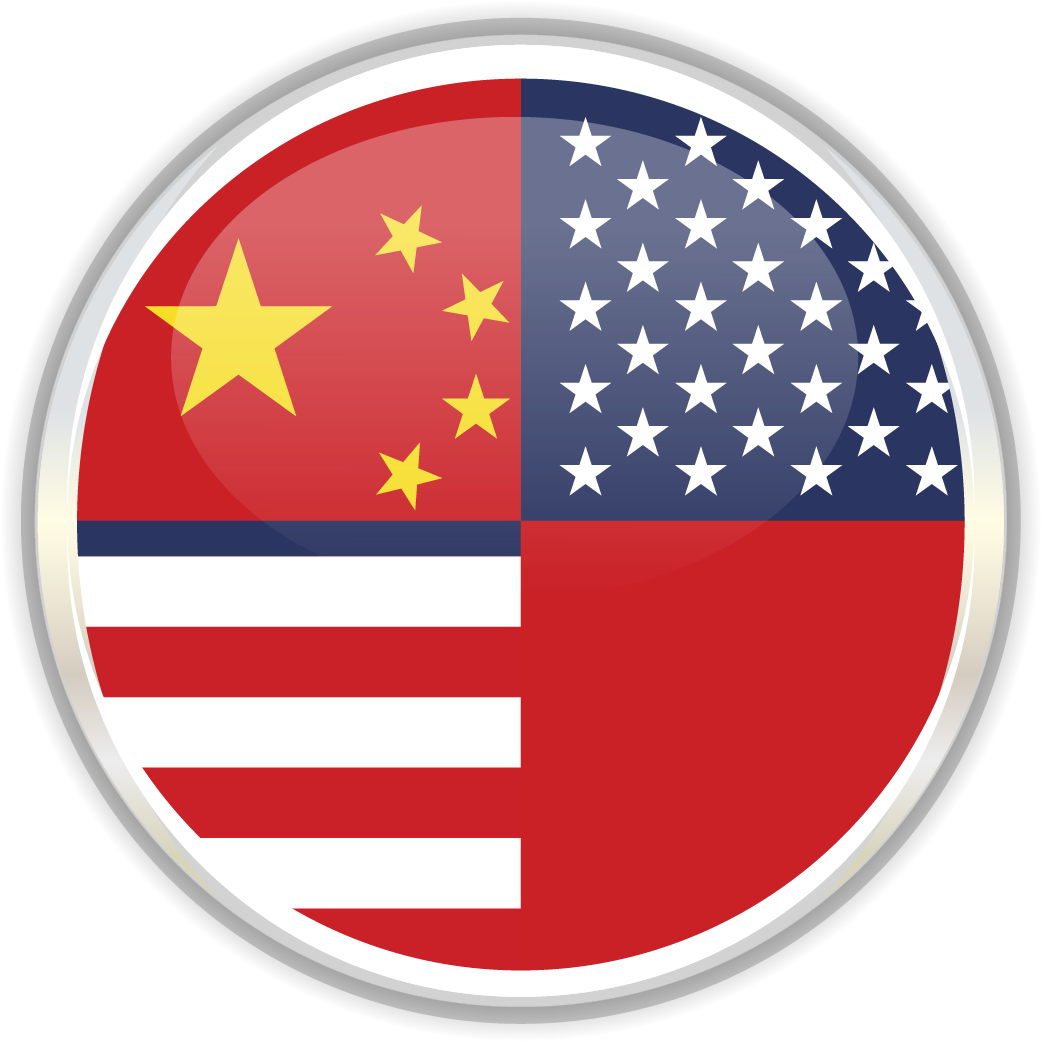管子语录 汉英双解
【原文】善罪身者,民不得罪也;不能罪身者,民罪之。故称身之过者,强也;洽身之节者,惠也;不以不善归人者,仁也。故明王有过则反之于身,有善则归之于民。《小称》
【汉解】善于责备自己的,人民就不会责备他;只有不肯责备自己的,人民才去遣责。所以,承认自己错误,是‘强”的表现;修养自身节操,是‘智’的表现;不把不善之事归于人,是‘仁’的表现。所以,明君有过则归之于己,有善则归之于民。
【英译】The best thing is to criticize oneself. Then the people will not have to criticize. The people will criticize those who are unable to criticize themselves. Therefore, being able to judge one’s own mistakes represents strength. Cultivating one’s moral integrity represents wisdom. Not blaming evil on others represents goodness. Therefore, when the enlightened kings made mistakes, they took the blame themselves. When they did well, they gave credit to the people.
